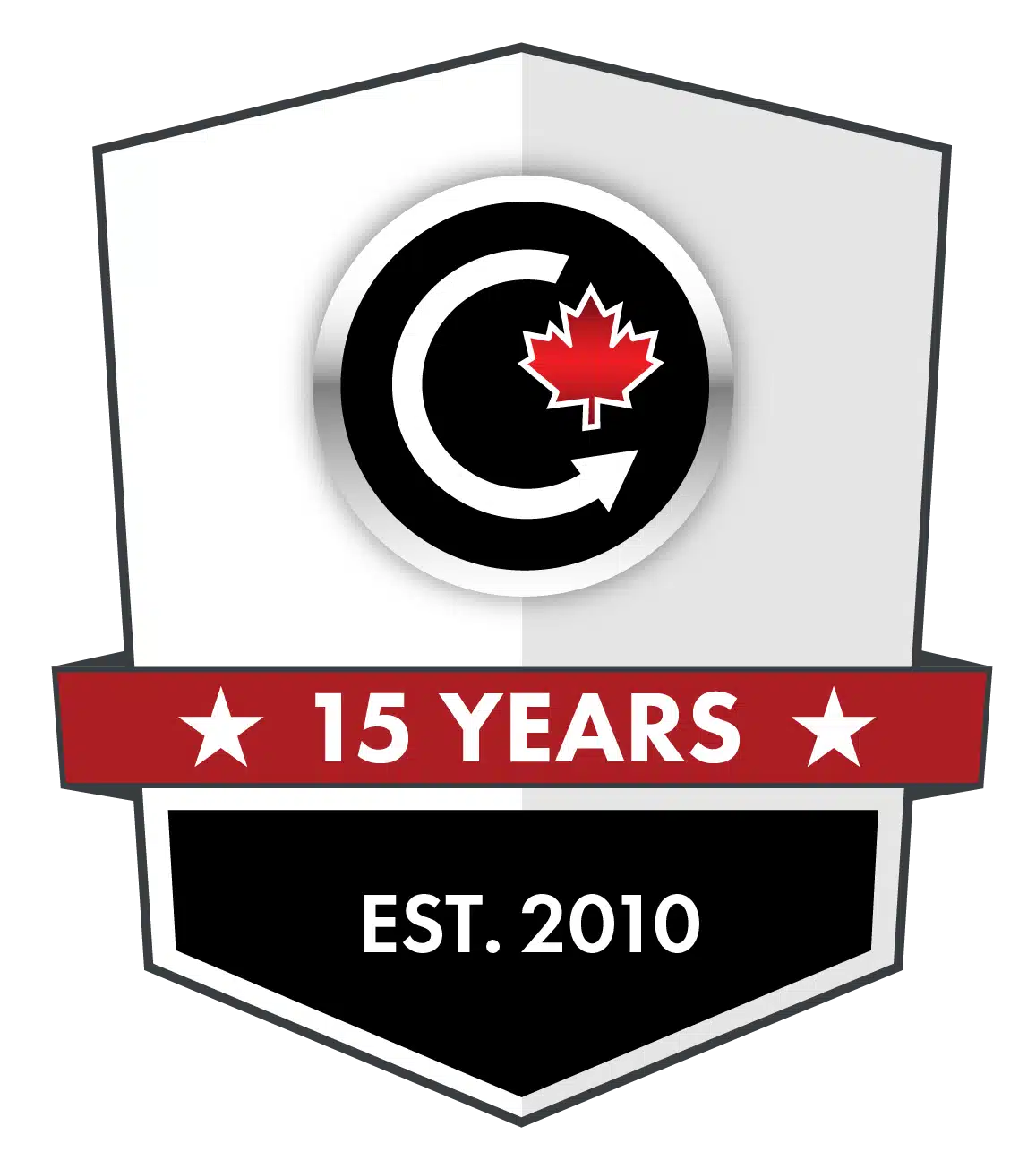
One of the most common subjects we get questions about is WFH (Work From Home).
What's Typical for WFH - how often, on average, do companies expect their employees to be in the office? How has this changed over recent months?
There has been a significant shift in expectations. By now, most employers have established their post-COVID work patterns. While some companies require employees to be in the office five days a week and others offer 100% remote work, our research indicates that most employers typically expect employees to spend three days a week in the office.
Though some provide total flexibility on which days employees come in, most companies find it beneficial to have at least some set days when all finance staff are in the office. This structure maximizes productivity and prevents the scenario where commuting employees find their colleagues working from home.
Employee Attitudes Toward WFH. How have employees’ and candidates' attitudes toward WFH changed?
Based on our interactions, we've observed a shift toward a desire to spend at least some time in the office, with decreasing interest in 100% remote roles. Despite the financial cost and time of commuting, many employees see advantages to spending some time in the office:
- Learning a New Role: While many transitioned successfully to WFH during COVID, adapting to familiar jobs with known systems and teams, those in new roles with new employers often feel they learn duties, processes, and systems faster by spending some time in the office.
- Instant Collaboration: The ability to discuss issues or questions immediately is seen as a major plus, perceived as a more efficient and effective method for smooth day-to-day operations.
- Mental Health: While WFH improved overall mental health, many candidates enjoy the opportunity to return to the office at least part-time, acknowledging the mental health benefits of daily interactions with colleagues.
- Progression: Concerns about career progression for remote workers are common. Those aiming for advancement feel more visible in the office. Studies show that remote workers feel less likely to be promoted than those who spend time in the office, and some companies, like Dell, have policies against promoting remote workers.
- Clearly Defined End to the Working Day: One challenge of WFH frequently mentioned by candidates is that the workday often "creeps" into personal time. Many feel that leaving the office at the end of the day provides a more effective "I'm done until tomorrow" moment.
It will be interesting to "watch this space" over the coming months as companies balance corporate objectives with employees' personal and professional goals.
We’ll keep you informed. Don’t hesitate to reach out to your CAC representative if you have questions or need further information.
Since 2010, Canadian Accounting Consultants has been exclusively focused on the recruitment of Chartered Professional Accountants, dedicated to helping CPAs and employers find a great fit for their careers and finance teams.



